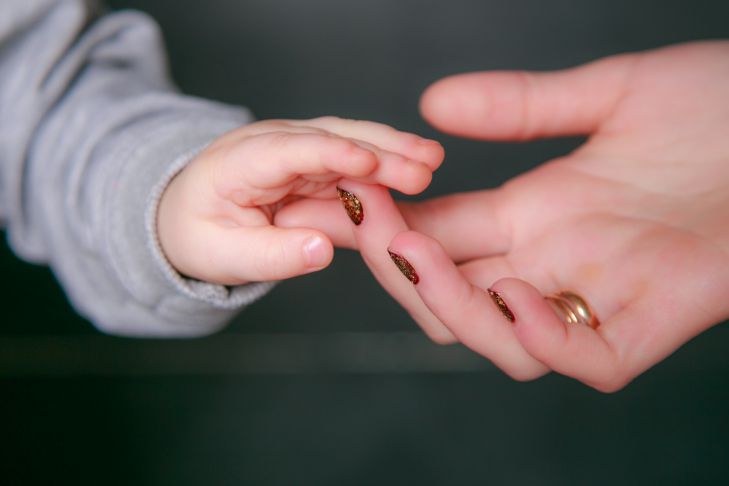How to Teach Your Child to Fall Asleep on Their Own: Advice for Parents
You can't do without sleep. It plays an important role for a child.
Still, sleep influences the formation of memory, rapid growth and maturation of brain structures, and also helps to get rid of fatigue and restore the body during illness.
But it happens that a child gets used to falling asleep only next to his parents. As a result, problems and inconveniences may arise as the baby grows. Therefore, it is important to teach the child to fall asleep independently in time.
This should be done calmly and patiently. At the same time, you should not constantly remind the child that he is already too big to fall asleep only under the supervision of parents.
Experts note that it is possible to teach your son or daughter to fall asleep on their own if you follow a few rules.

First of all, you need to establish a routine. This means that you should always get ready for bed at the same time.
In addition, it is necessary to observe daily rituals before going to bed without rushing. Repeated actions can set the child up for a calm and healthy sleep.
You also need to finish active games in advance, let the baby change into pajamas and brush his teeth. You also need to prepare the room so that nothing distracts him.
By the time the child is tired and wants to sleep, everything should be completely ready to put him to bed immediately, before he starts to be capricious.
In addition, you should avoid watching TV and using gadgets an hour before bed.
But it happens that a child may simply be afraid to fall asleep alone in a room. In this case, you need to understand the reason and eliminate it. Most often, it is about the light from the window, shadows.
In the case where the child specifically states what scared him, you can make a “bad dream catcher” in the form of a game.
Experts note that it is necessary to avoid excessive strictness and refrain from ultimatums so that the child does not experience additional stress, which will only interfere with normal rest.
Earlier we talked about how to strengthen the emotional connection with your child.
